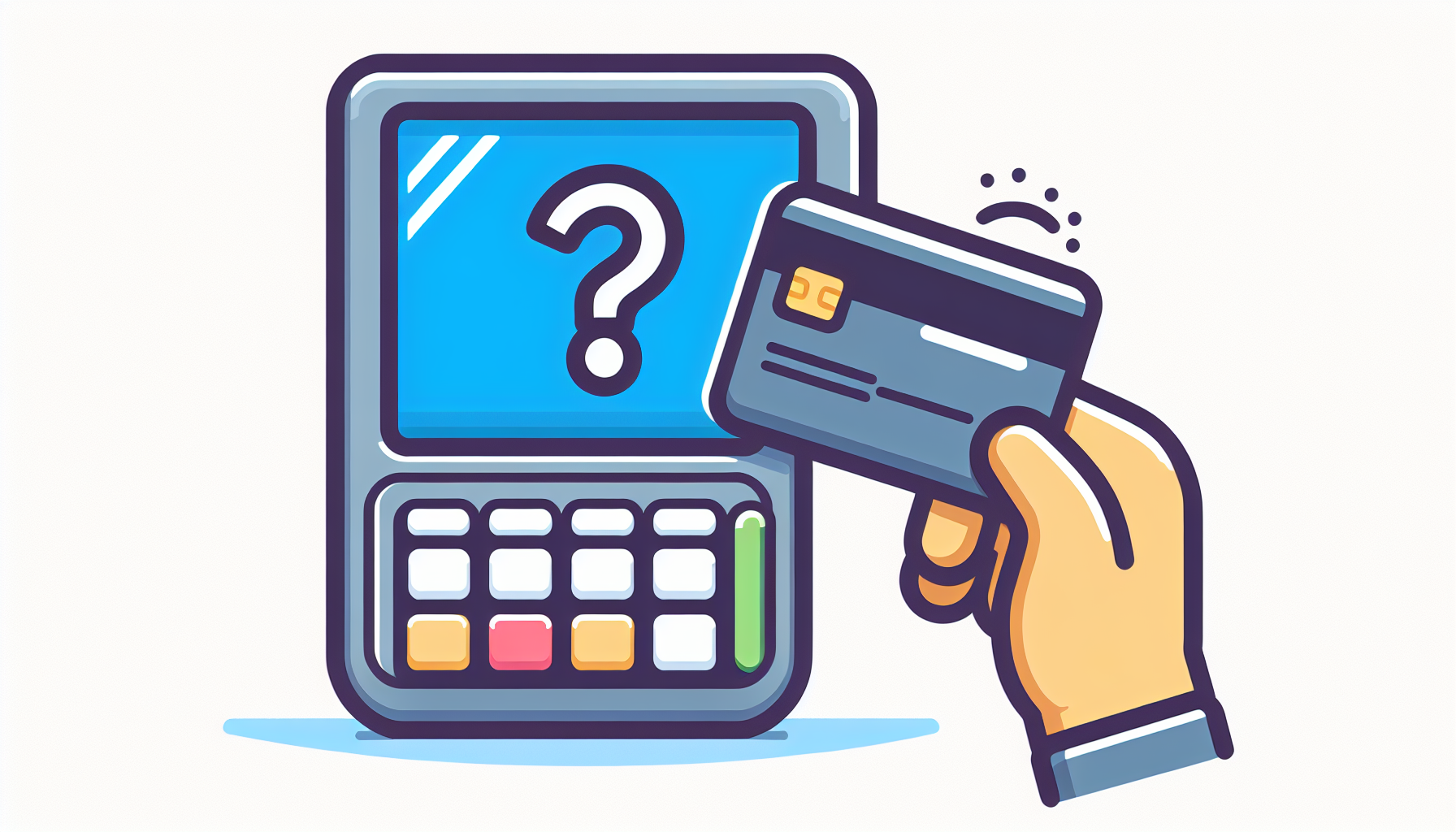5 False Beliefs About Credit Cards That Are Costing You

In the world of personal finance, misconceptions abound. These myths, often passed down from generation to generation, can lead to poor financial decisions and unnecessary stress. Well, believe it or not, there are some of these widely accepted ‘truths’ are actually hurting your pockets.
Myth 1: Credit Cards Are Bad
Contrary to popular belief, credit cards are not inherently bad. As financial adviser Ric Edelman points out, credit cards can be a major convenience, but only if they are utilized with discipline. The key is to use credit cards thoughtfully and responsibly, as they can be significant assets in establishing and building credit history. Debit cards, on the other hand, do not have the same impact on your credit score.
However, it’s important to remember that credit cards don’t swipe themselves. If you find yourself making impulse purchases or overspending, it may be time to reevaluate your credit card usage and develop a strategy for managing your spending.
Myth 2: You Shouldn’t Pay Off Your Credit Card Balance Each Month
Another common myth is that it’s better to carry a balance on your credit card from month to month. However, financial adviser Laura Adams advises against this. According to Adams, the best strategy is to make your payments on time and pay off the entire balance each month. Not only does this help improve your credit score, but it also helps you avoid costly interest charges.
Carrying a high credit card balance can set off alarm bells for lenders, making you appear irresponsible. So, if you can afford to pay off your balance each month, it’s in your best interest to do so.
Myth 3: Having Only One Credit Card is Best
While having one credit card may be easier to manage, it’s not necessarily the best strategy for your financial health. Having a second credit card can be beneficial, especially if your first card is refused for any reason. The key is to keep your credit utilization low, as lenders prefer this. A good rule of thumb is to spend 30% or less of your credit limit.
However, this advice may not be suitable for everyone. If you struggle with financial self-discipline or have difficulty keeping track of your purchases, sticking to one credit card may be the best option for you.
Myth 4: It’s Okay to Overspend Your Credit Limit
Some people believe that it’s okay to overspend your credit limit as long as you pay it back before the due date. However, this is not necessarily true. Overspending your credit limit, even briefly, can give the issuer a reason to increase your interest rate. This, in turn, can negatively impact your credit score.
If you’ve been a good customer, credit card companies may be more lenient with over-limit fees. However, it’s always best to avoid overspending your limit whenever possible.
Myth 5: You Should Only Use Your Credit Card for Big Purchases
Many people believe that credit cards should only be used for large, infrequent purchases. However, if you’re organized and disciplined, using a credit card for everyday items can actually work to your advantage. Many credit cards offer cash-back rewards or points based on purchasing food, clothing, and other items. At the very least, it’s a good way to rack up some rewards, as long as you can comfortably pay the bill and not assume more unneeded debt.
Ultimately, the key to using credit cards responsibly is understanding how they work and being disciplined in your spending habits. As Annamaria Lusardi, a professor at George Washington University, puts it, ‘So much of it is common sense and not putting yourself in bad positions.’
Financial Clarity
Understanding the truth behind these common money myths can empower you to make better financial decisions. By debunking these misconceptions, we hope to provide you with the knowledge and tools you need to improve your financial health.






